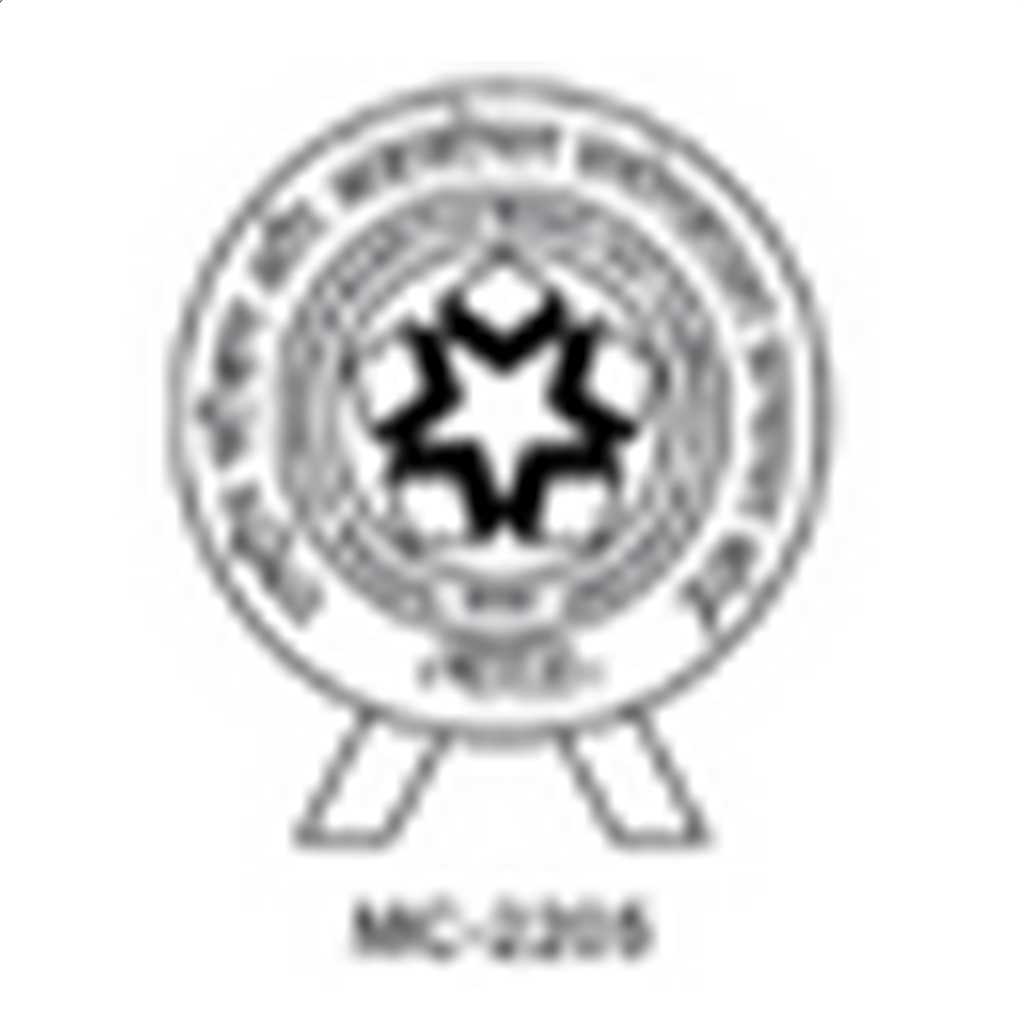Podiatric surgery is a specialized field which involves medical and surgical treatment of conditions affecting the foot, ankle and related lower extremity structures by accredited and qualified specialist podiatrists.Podiatric surgeons who have undertaken specialist training in foot and ankle surgery, to treat bone, joint and soft tissue disorders.
Treatment ranges from general foot care to addressing complex musculoskeletal conditions and services include:Removal of corns and calluses.Treating problematic nails, such as in-growing nails & fungal nail.Treatment for ulcers and wounds (Diabetic foot ulcers).Treatment of Bone infection and Diabetic foot infections.Treatment of gangrene.Prevention of amputation and salvage of toes, feet and leg.Treatment for mechanical hip, knee, heel or foot pain and sports injuries.Diabetic foot assessment and treatment.Assessment and provision of insoles or orthotics (custom-made inserts that fit inside the shoe) if required.Advice on maintaining mobility and prevention of falls.Treatment of painful feet and heal pain.General foot care advice.Treatment of varicose veins.Correction of foot deformities such as Hammer toes , claw toes etc.

-
- Wash feet and dry feet thoroughly everyday and ensure special attention is taken between the toes.
-
- Visually examine your feet daily to ensure there is no marks, spots, cuts, swelling , blisters, wound or redness that is not normal. (Tip – if you have difficulty getting your leg up to see the sole of your foot, a well placed mirror may be of help) or ask someone to check them for you.
-
- Choose correctly fitted shoes with adequate depth and width for the toes
-
- Use Cotton socks as it will absorb sweat and change them everyday
-
- Ensure that the elastic on top of the socks is not too tight
-
- Attend Foot assessment and foot test annually.
-
- NEVER walk barefoot .
-
- Cut your toenails straight across carefully with good quality nail nippers and file afterwards.
-
- Moisturise your feet daily but avoid moisturising in between your toes.
-
- Corns and calluses must be treated by a Doctor. NEVER use over-the-counter corn pads or razor blades.
-
- Check the inside of the shoes for foreign objects before you put them on.
-
- Keep your feet away from direct heat including heaters, hot water bottles, scalding hot showers/baths and electric blankets.
-
- Enjoy exercise and try to be generally active while taking care to prevent injury.
-
- Avoid hot oil massages and soaking feet in hot water to avoid burns .
We have the experience, and the refined skills required for any footwear whether it is custom-made medical grade footwear, elegant and stylish custom-made fashion shoes, orthopaedic or fashion sandals we’ve got it covered. We can custom make medical grade footwear for diabetic Charcot’s feet.
![]()
Bunion
A Bunion is a bump at the outside edge of your big toe. As the bump gets worse,it can be filled with extra bone and fluid.
![]()
Hammertoe
Hammertoe are toes that curl under your feet.
![]()
Blister
Blister are areas of skin that are raised and filled with fluid.
Diabetic Foot
Diabetes Foot ulcers which are not healing for a long time are commonly mismanaged and due to patient negligence many end up with diabetic foot infections/diabetes foot amputations, which could be avoided by our Diabetic Foot Care Clinic services.
We recommend annual foot checks for all patients with Diabetes. We focus on treatment and special care of your feet when you need it most.
If you are diabetic you should have an annual diabetic foot check which includes

-
- Biothesiometry (assessment of the nerves)
-
- Sensitometry (assessment of nerves)
-
- Doppler (blood flow assessment)
-
- Doppler (blood flow assessment)
Our hospital has one of India’s best foot care team and we have pioneered many world class treatments in India, setting a new benchmark. All of our foot care surgeon’s regularly attend continuing professional development courses in order to stay at the top of their field and provide you with the very best foot care treatment available today. This along with our innovative clinical systems ensure all treatments meet the highest standards and our friendly and highly efficient administrative staff are well trained to ensure that every aspect of your foot care meets with your approval.
Uncontrolled Diabetes accelerates the natural ageing process of the lower limb circulation reduction (peripheral vascular disease – PVD), and the loss of normal protective sensation to the foot and leg (peripheral neuropathy) and an inability to fight infection via an impaired immune system. This process does not affect everybody the same way or with the same severity. Research has shown that strict adherence to medical treatment and regular exercise helps to stabilise blood glucose levels and is therefore the best way to avoid these complications.
Initially, changes may be minimal such as noticing dryness of the skin around the toes, or tingling of the toes at night. Eventually this may progress to complete numbness along the sole of the foot, which results in loss of protective sensation and eventually neuropathic ulceration. Reduced circulation to the feet and lower limbs further impacts on these neurological changes and prevents adequate oxygenation and nutrition to the extremities. You may have heard that some people with advanced Diabetes progress to foot or leg amputation, and this is a real threat if overall management is not adequate.
As specialists in this field, we are able to use diagnostic tests to assess your sensation, circulation and biomechanical risk factors and place that within the bigger picture of your overall health. we provide necessary treatment at the time of the consultation involving skin and nail care for corns, calluses or ingrown toenails or ulcer debridement in more advanced cases.Regular foot care plays an integral role in the prevention of diabetic foot complications. Routine foot care has been shown to decrease the likelihood of limb amputation due to the complications of diabetes.
Our Consultants

DR. K.S. SIVAKUMAAR, MS., MCH., (Plastic Surgery)
Plastic Surgery 04.00 PM – 05.00 PM




